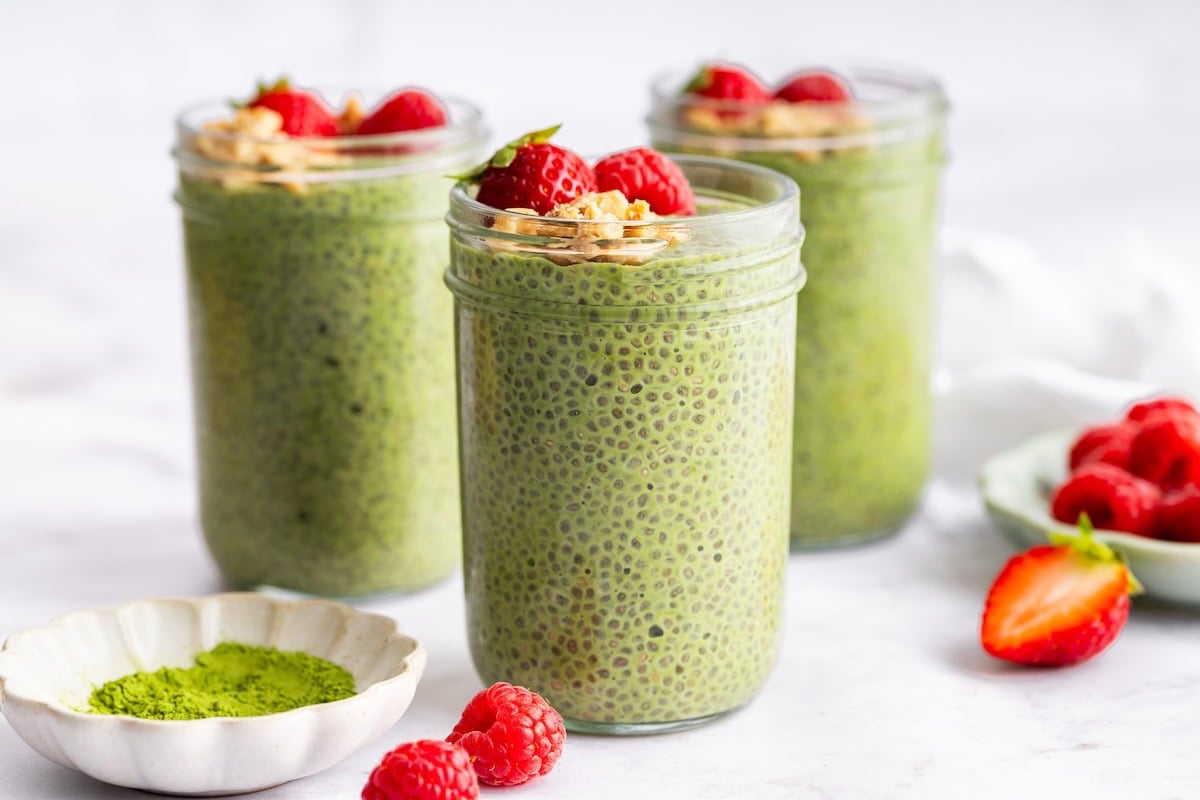Have you ever thought about how important your lungs are?
We’re not just talking about a mass amount of advertising on cigarette packets to discourage smoking- your lungs are more important than that.
Our lungs don’t only keep our body supplied with oxygen but also remove waste glasses, such as carbon dioxide.
Responsible for your immune system, gas exchange, filtering air, and balancing acids, they’re an organ which should be consciously looked after, DAILY.
The task of looking after your lungs is not that difficult. With a few simple measures and a consistent effort to ensure they’re working in peak condition, you can easily enhance the quality of your life. Dive in with us below to learn the basics of better lung health.
Lung structure
The lungs comprise two parts, one on either side of your chest, known as the thorax. Both are covered with a protective substance known as pleural tissue. You’ll find your lungs located between your abdomen and neck.
Right lung
Your right lung is shorter and wider than your left lung and typically split into three lobes: superior, middle and inferior.
Left lung
Your left lung has a superior and inferior lobe. It’s smaller than your right, as your heart sits in the middle lobe of your left lung. It also contains two parts your right lung does not have: a cardiac notch and lingula.
Basic overview of the functions of the lungs
Your lungs are essential organs of your respiratory system. They help diffuse gasses from your blood to be exhaled, such as carbon dioxide,a waste product of cellular metabolism. They also help with breathing, such as ventilation, allowing for the expansion and contraction of your diaphragm, intercostal muscles, and chest cavity.
During this process, your lungs also help oxygen be inhaled, transporting haemoglobin in your blood to tissues and organs to become more oxygenated and help with cellular metabolism. Alongside this, some other important functions are:
Maintaining acid balance: Regulate carbon dioxide levels, preventing the likelihood of acid buildup in the blood.
Help protect against infections, irritants and viruses: Lungs secrete mucus, which helps trap bacteria, allergens and harmful substances, later expelled by coughing or swallowing.
Neutralise pathogens: Your lungs contain specialist immune cells to help identify and neutralise pathogens which enter your respiratory tract.
How oxygen is used in the body (blood etc)
One of the primary roles of the lungs is transporting oxygen to red blood cells. When you inhale, your lungs fill with oxygenated air. Then, oxygen is transported into the blood by diffusing through the walls of your air sacs into the capillaries (tiny blood vessels).
Red blood cells then squeeze through the capillaries, and haemoglobin molecules bind to oxygen, transporting the cells from your lungs to the left side of your heart. Then, the blood is pumped around your body to be supplied to tissues and organs to make energy.
What are the factors that can impact your lung health?
If you’re not careful and don’t properly look after your lungs, you could be at significant risk of facing lung disease, cancer and diminishing your quality of life. The major risk factors for these are:
Smoking: Cigarettes are the primary cause of lung cancer and COPD. They stop the tissues in your lungs from working properly, causing you to inhale carbon monoxide and making your organs receive less oxygen. The more cigarettes you smoke and the longer the duration, the greater at risk you are.
Lack of exercise: A lack of exercise can reduce your oxygen intake, making it less efficient to exchange oxygen and carbon dioxide. As a result your respiratory system can become compromised making you more prone to a higher risk of infection.
Pollutants: Second-hand smoke, radon, smog, asbestos, arsenic and allergens can influence lung health.
Genetics: If you have a family history of lung disease, you could have it.
Chronic disease: People who have chronic diseases like diabetes, heart disease and respiratory diseases are more likely to have it.
Bad diet: A diet that contains a lot of fat and sugar can cause your lungs to be inflamed. Often, an unhealthy diet like this can cause difficulty breathing, coughing, wheezing and tightness in the chest.
What are the best ways to boost lung health?
You don’t need to see a doctor or be prescribed special medication to have healthy lungs. There are a lot of simple lifestyle changes you can make to stay on track. Here are some of the most common ones:
- Don’t smoke
- Exercise regularly
- Practice deep breathing
- Avoid air pollution
- Maintain a healthy diet
- Get vaccinated
The impact of cardio on lungs
When we say exercise is good for your lungs, we MEAN it. While all exercise is good, cardio is one of the best forms out there for lung health. Cardiovascular exercise like swimming, running, HIIT, and cycling can increase your lung capacity over a longer period of time. This is because there’s a higher demand for oxygen to be supplied to your muscles, leading to deeper and more effective breathing.
Final thoughts
Overall, your lungs are one important organ that cannot be mistreated. The consequences could be significant if you don’t look after your lungs properly.
Some of the best ways to look after your lung health are simple lifestyle changes like exercise, not smoking, staying away from pollutants, maintaining a healthy diet and being vaccinated.
If you are doing these and still feel you have problems with your lungs, see your local G.P. It could be an underlying cause of something else.
Publisher: Source link



